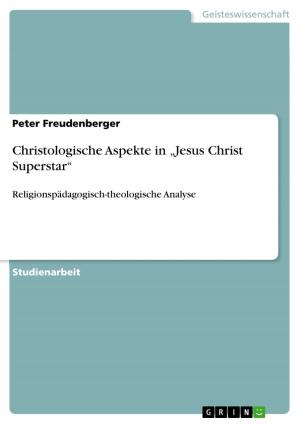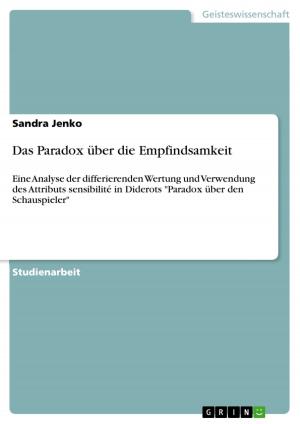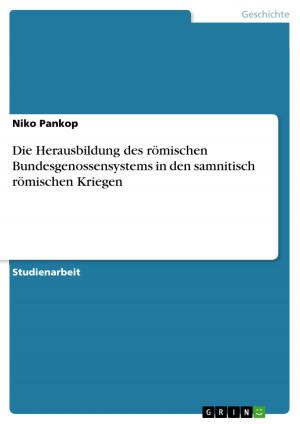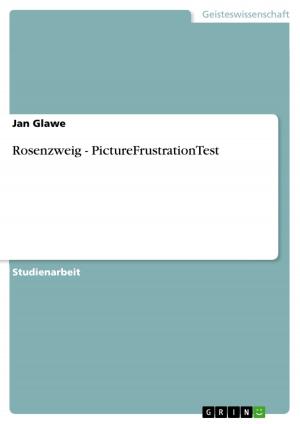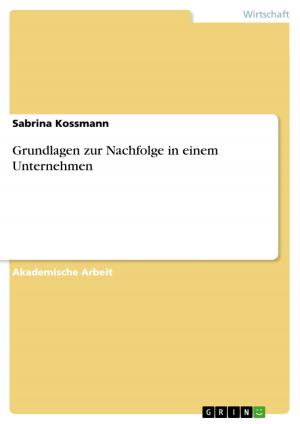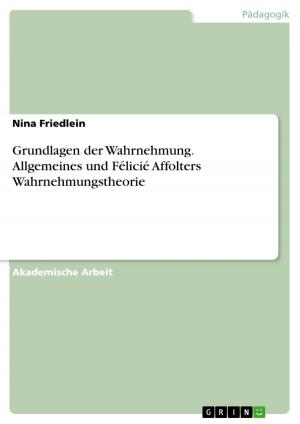Who is an Intellectual and what should the Role of Intellectuals be in Society?
Nonfiction, Social & Cultural Studies, Social Science, Sociology| Author: | Christiane Landsiedel | ISBN: | 9783638311052 |
| Publisher: | GRIN Verlag | Publication: | October 3, 2004 |
| Imprint: | GRIN Verlag | Language: | English |
| Author: | Christiane Landsiedel |
| ISBN: | 9783638311052 |
| Publisher: | GRIN Verlag |
| Publication: | October 3, 2004 |
| Imprint: | GRIN Verlag |
| Language: | English |
Seminar paper from the year 2004 in the subject Sociology - Political Sociology, Majorities, Minorities, grade: A, University of Dalarna (European Political Sociology), course: The Role of Intellectuals, 13 entries in the bibliography, language: English, abstract: Attempting to define who is an intellectual brings up the general impossibility to give a 'correct' definition. As the formulation of a definition depends on the context, the thematic field, there is no universally valid definition, no objective 'prototype' of an intellectual can be stated. Examining intellectuals in the context of totalitarian, post-totalitarian and democratic societies, I will analyse their outstanding role within these three regime types. Asking 'what should the role of intellectuals be in society?', this question enters the normative field. In the course of the programme we have come across several scientific approaches which define intellectuals differently, each based on a respective focus. According to the humanist point of view everyone is an intellectual - although he/she may not have the function of an intellectual. The intelligentia approach emphasizes the role of education whereas a Marxian definition focuses on the relation to the means of production: the intellec-tuals produce culture and therefore are opposed to the production of goods. In view of this variety my approach is based on Max Weber's notion of the ideal type: functioning as a model, the definition comprises several realization forms; however, possible deviations from the ideal type do not result in the point that the ideal type is wrongly or in-adequately defined because the it does not lay claim to be an authentic picture of reality, rather it is an abstract model comprised of exaggerated features.
Seminar paper from the year 2004 in the subject Sociology - Political Sociology, Majorities, Minorities, grade: A, University of Dalarna (European Political Sociology), course: The Role of Intellectuals, 13 entries in the bibliography, language: English, abstract: Attempting to define who is an intellectual brings up the general impossibility to give a 'correct' definition. As the formulation of a definition depends on the context, the thematic field, there is no universally valid definition, no objective 'prototype' of an intellectual can be stated. Examining intellectuals in the context of totalitarian, post-totalitarian and democratic societies, I will analyse their outstanding role within these three regime types. Asking 'what should the role of intellectuals be in society?', this question enters the normative field. In the course of the programme we have come across several scientific approaches which define intellectuals differently, each based on a respective focus. According to the humanist point of view everyone is an intellectual - although he/she may not have the function of an intellectual. The intelligentia approach emphasizes the role of education whereas a Marxian definition focuses on the relation to the means of production: the intellec-tuals produce culture and therefore are opposed to the production of goods. In view of this variety my approach is based on Max Weber's notion of the ideal type: functioning as a model, the definition comprises several realization forms; however, possible deviations from the ideal type do not result in the point that the ideal type is wrongly or in-adequately defined because the it does not lay claim to be an authentic picture of reality, rather it is an abstract model comprised of exaggerated features.




